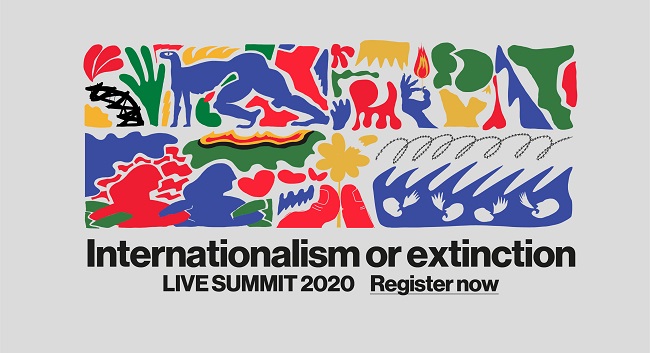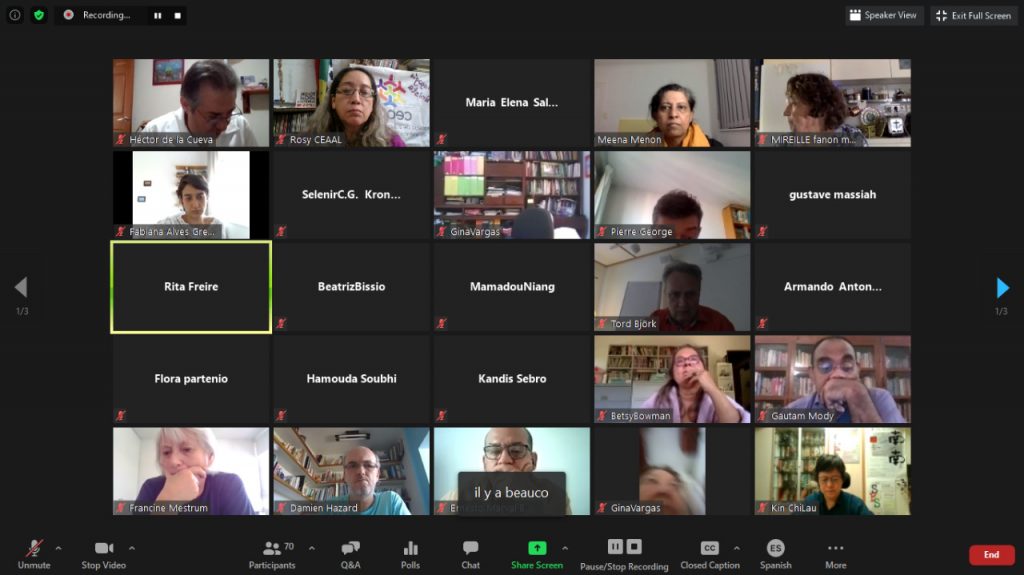Un artículo importante de nuestro miembro Oscar Gonzalez en el Wall Street International, 18 Septiembre 2020
Pandemia, pandemónium. En tiempos de crisis proliferan los diablos y sus acólitos. Por ello vuelven a tener presencia las sectas dogmáticas y fideístas, ocultas e incluso «satánicas» como los «Illuminati», grupos esotéricos que vienen desde el medioevo y el renacimiento, y que reaparecen con los radicalismos de las revoluciones burguesas, liberales y neoliberales (Reagan habló de una «revolución conservadora»).
Aunque pareciera simple mito o leyenda, hay indicios creíbles de que el llamado «Club de Bilderberg» resurge y sigue todavía influyendo mayormente en los asuntos mundiales, y de que en él confluyen como miembros o invitados —masones o no— empresarios corporativos, hombres de negocios, militares y gente de poder político y mediático. Hay una lista de participantes que, desde 1954, incluye a más de 150 «personalidades», entre quienes se ha contado gente como Rockefeller, Bush, Kissinger, Pompeo o la mismísima Reina Isabel II de Inglaterra. Algunos de estos personajes, junto con directivos de la CIA, la OTAN, el BM, asistieron, en 2019, a la última reunión.
¿Qué significa para nuestros pueblos que un grupo de «miserables ricachones» del Norte, aliados a los subalternos del Sur, se reúnan para decidir lo que habrá de ocurrir para ellos y para nosotros en años por venir? Son nuevos escenarios que mucho se parecen a las reuniones coloniales de 1884 en Europa, en las que aún se repartían los territorios y las poblaciones de África, cuyos nativos podían todavía ser esclavizados.
Continuer la lecture →




